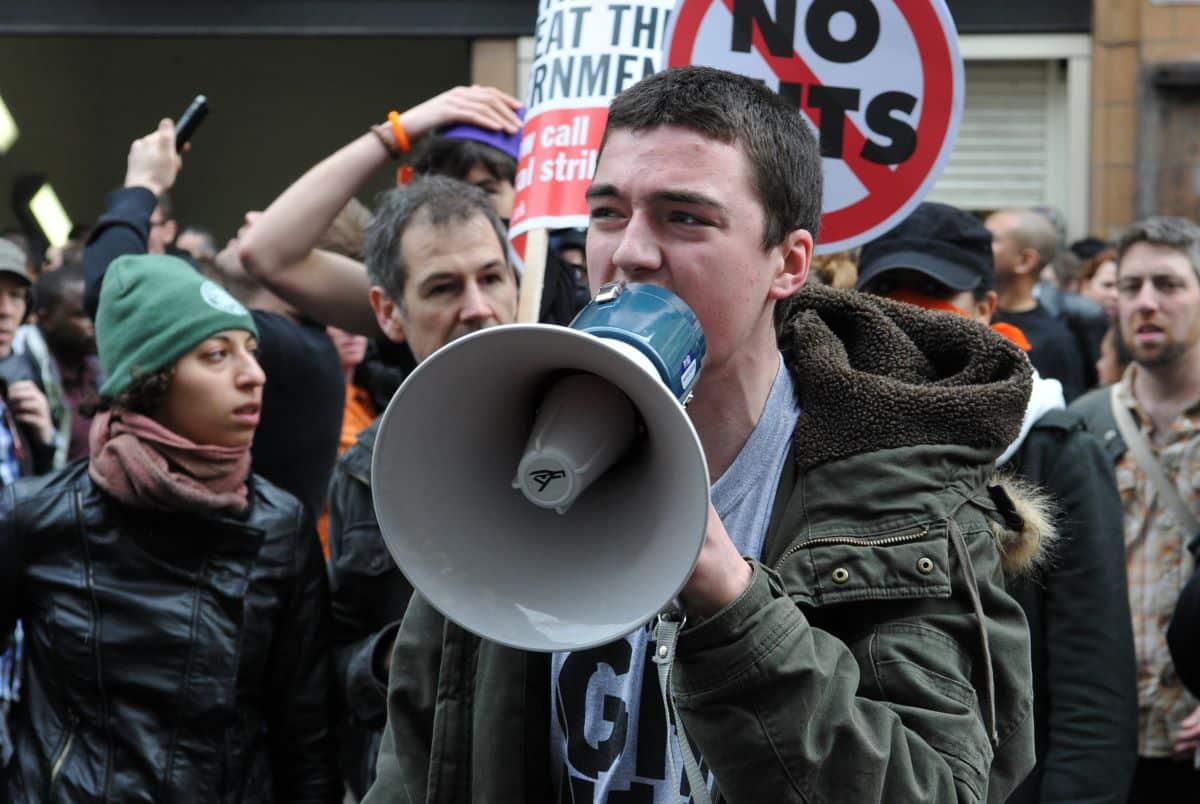The UK government has abruptly halted a controversial free speech law in universities just days before its implementation, sparking a heated debate about the balance between protecting academic freedom and safeguarding vulnerable groups. Here’s the full story.
Possible Repeal
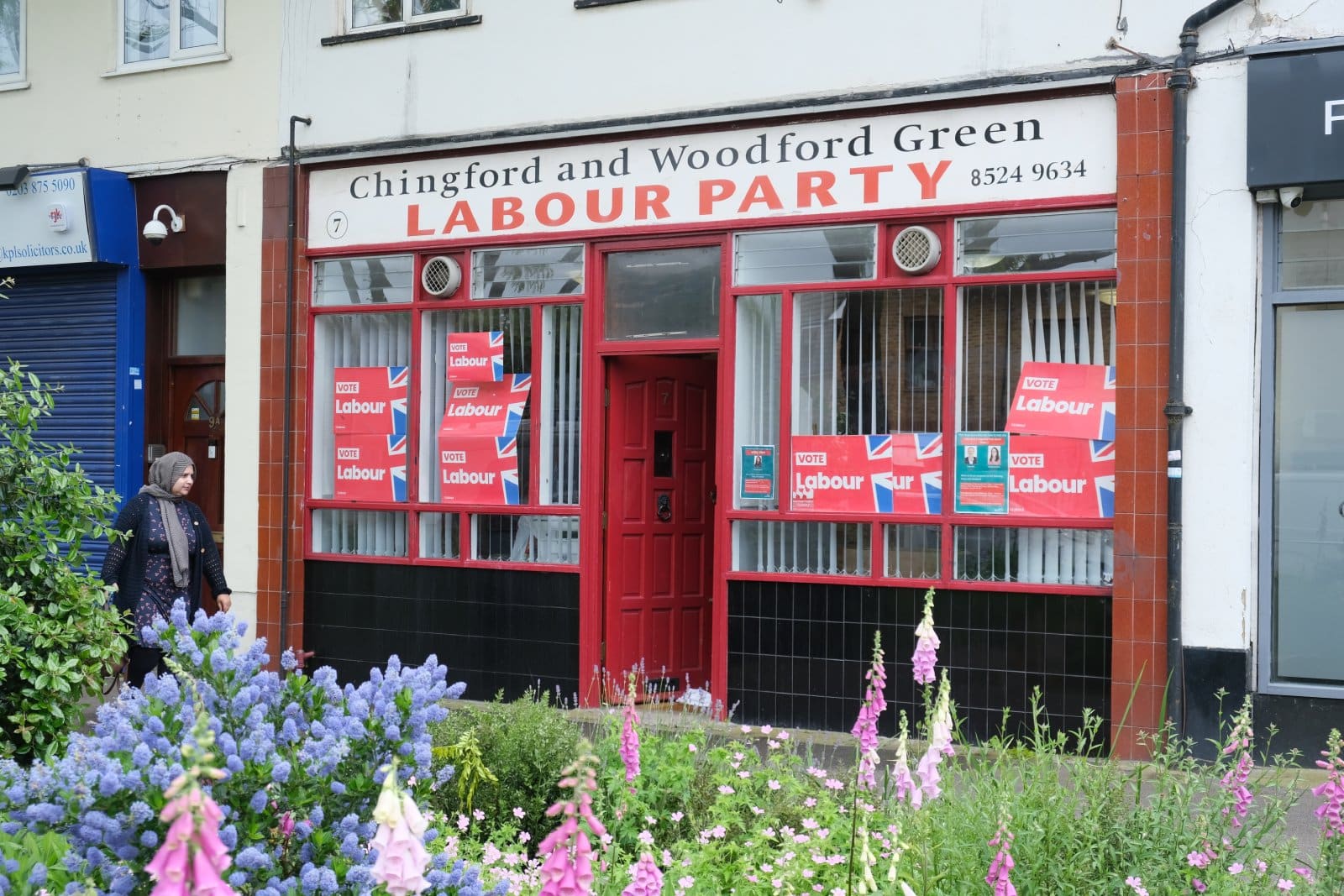
The newly elected Labour government has halted the implementation of the Higher Education (Freedom of Speech) Act 2023 just days before it was set to take effect. Education Secretary Bridget Phillipson announced the suspension, stating she wanted “to consider options, including its repeal.”
Culture War Legislation

The Higher Education (Freedom of Speech) Act 2023, introduced by the previous Conservative government, aimed to address perceived issues of so-called “cancel culture” and no-platforming in universities. The Act, introduced at the height of the culture war scare, mandated that universities and student unions take “reasonable steps” to promote free speech or face sanctions from the Office for Students (OfS), including potential fines.
Protecting Academic Freedom

Proponents argued that the legislation was necessary to protect academic freedom and ensure diverse viewpoints could be expressed on campuses without fear of retribution.
Strong Opposition

However, from its inception, the Act faced strong opposition, with critics arguing that it imposed unnecessary burdens on educational institutions and could expose students to harmful or hate speech.
Survey Contradicts Narrative

The idea that the Act was a solution in search of a problem was backed up by a survey by the OfS, which showed that 90% of students felt free to express their opinions, in spite of a widely promoted right-wing narrative, similar to the one used in the US, which suggested that free speech was somehow under attack in universities.
“Not Fit for Purpose”

In announcing the suspension, Phillipson stated that the legislation was “not fit for purpose,” and stressed the need to focus on the financial stability of the university sector. She added, “For too long, universities have been a political battlefield and treated with contempt, rather than as a public good, distracting people from the core issues they face.”
Commitment to Free Speech
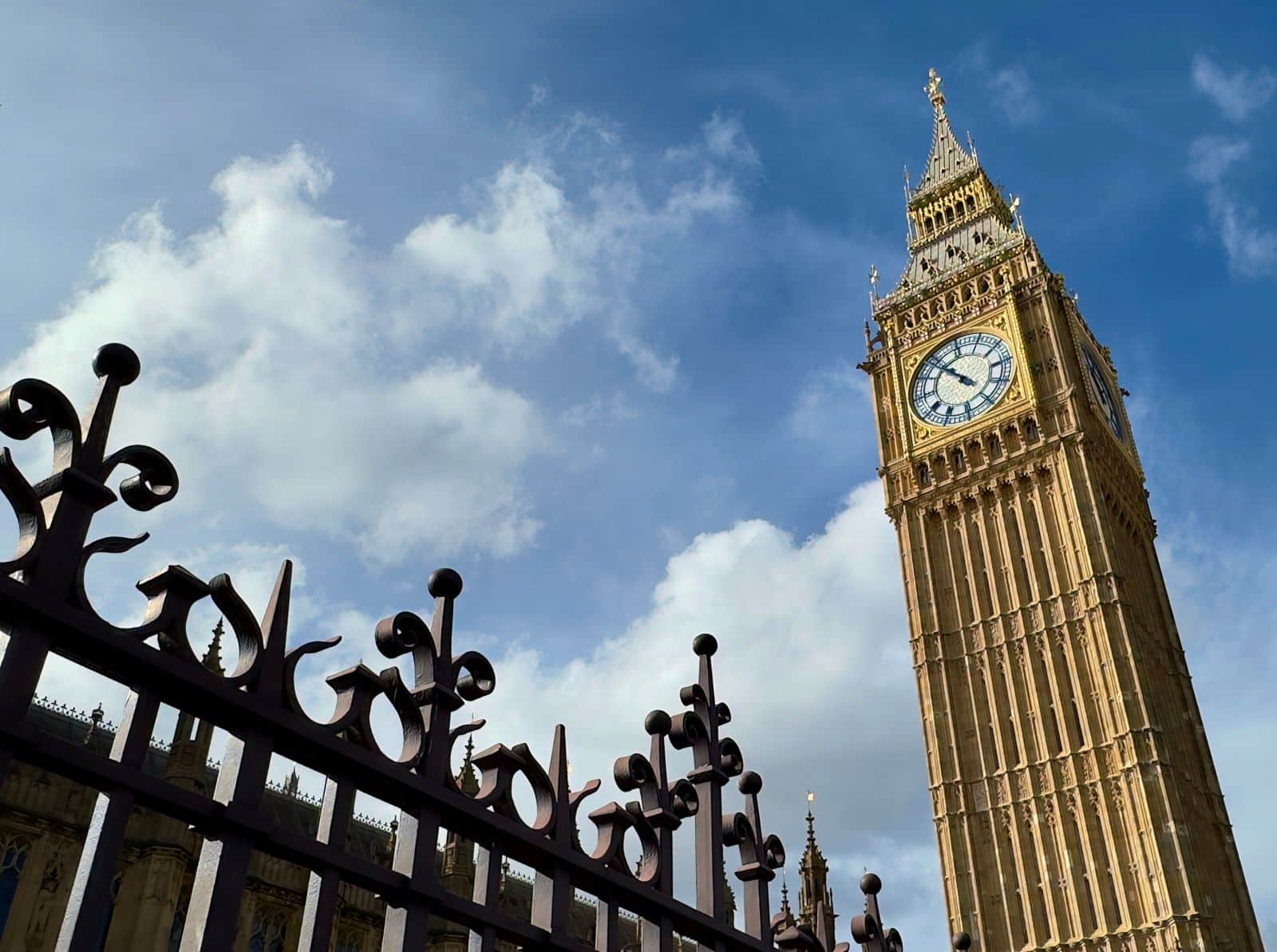
Phillipson assured that the government remained committed to freedom of speech and academic freedom but underscored the importance of protecting students from harm and hate speech.
Sector Welcomes Decision
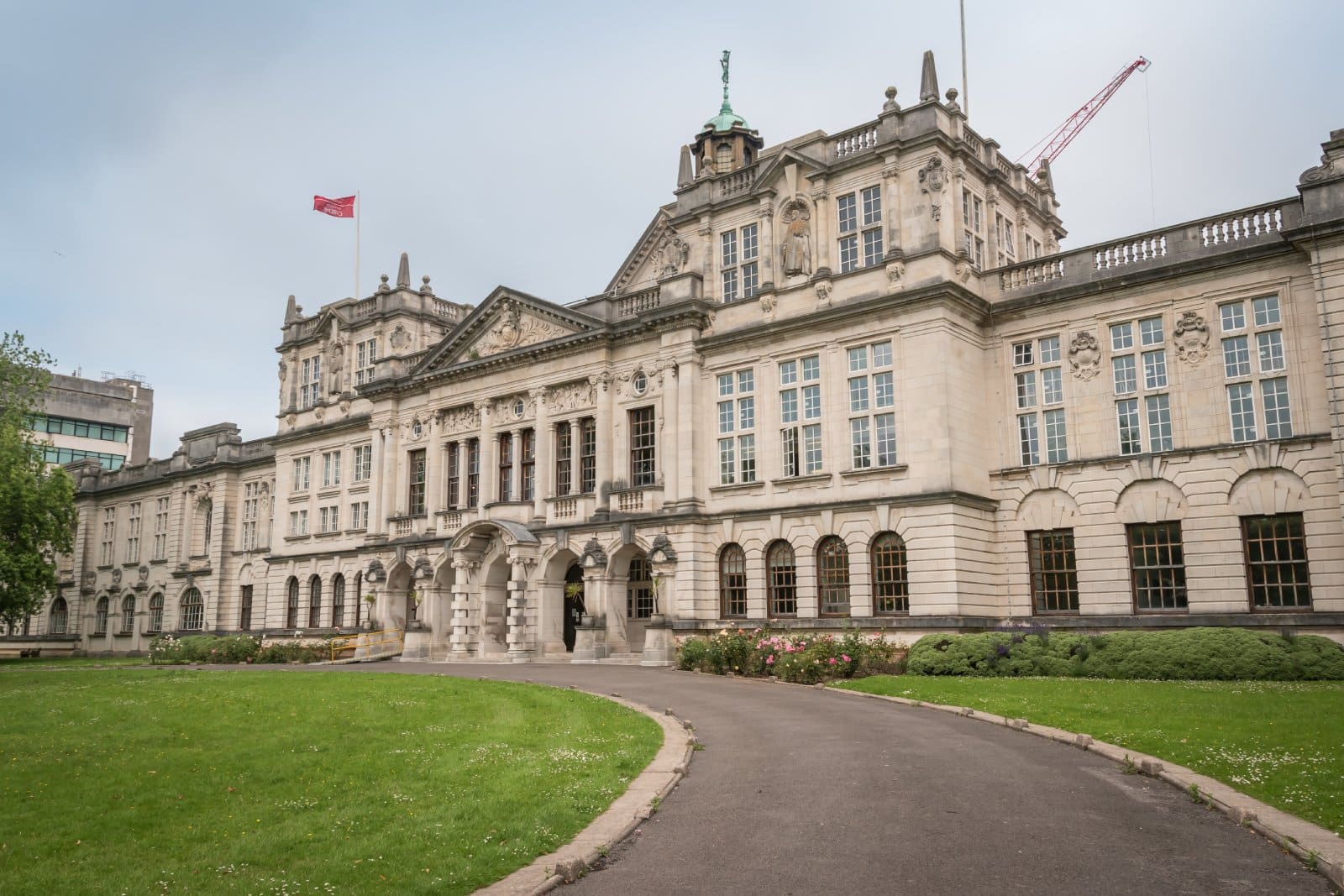
Many within the higher education sector welcomed the decision to halt the Act. Universities UK, representing 142 institutions, supported the move, highlighting the existing legal duties to protect free speech and cautioning against additional regulatory burdens.
Sensible and Proportionate

Similarly, the Russell Group, which represents several research universities, stated, “The decision to stop implementation of the act is a sensible and proportionate step given universities and students’ unions were yet to see final guidance from the OfS on new free speech duties despite some requirements of the legislation being due to come into effect next week.”
Students’ Relief

Additionally, Saranya Thambirajah, from the National Union of Students, stated, “Many of us were truly dreading the impact this Act would have, serving to further divide our campuses and put marginalised student communities further at risk. The government has sent a clear message that they won’t be playing politics with either free speech or hate speech.”
Criticism From Some

Despite the widespread support from universities and student groups for the halting of the Act, the decision has drawn criticism from some, particularly those with gender-critical views, who believe their freedom of speech in regard to their views is under threat.
“Free Speech in Peril”
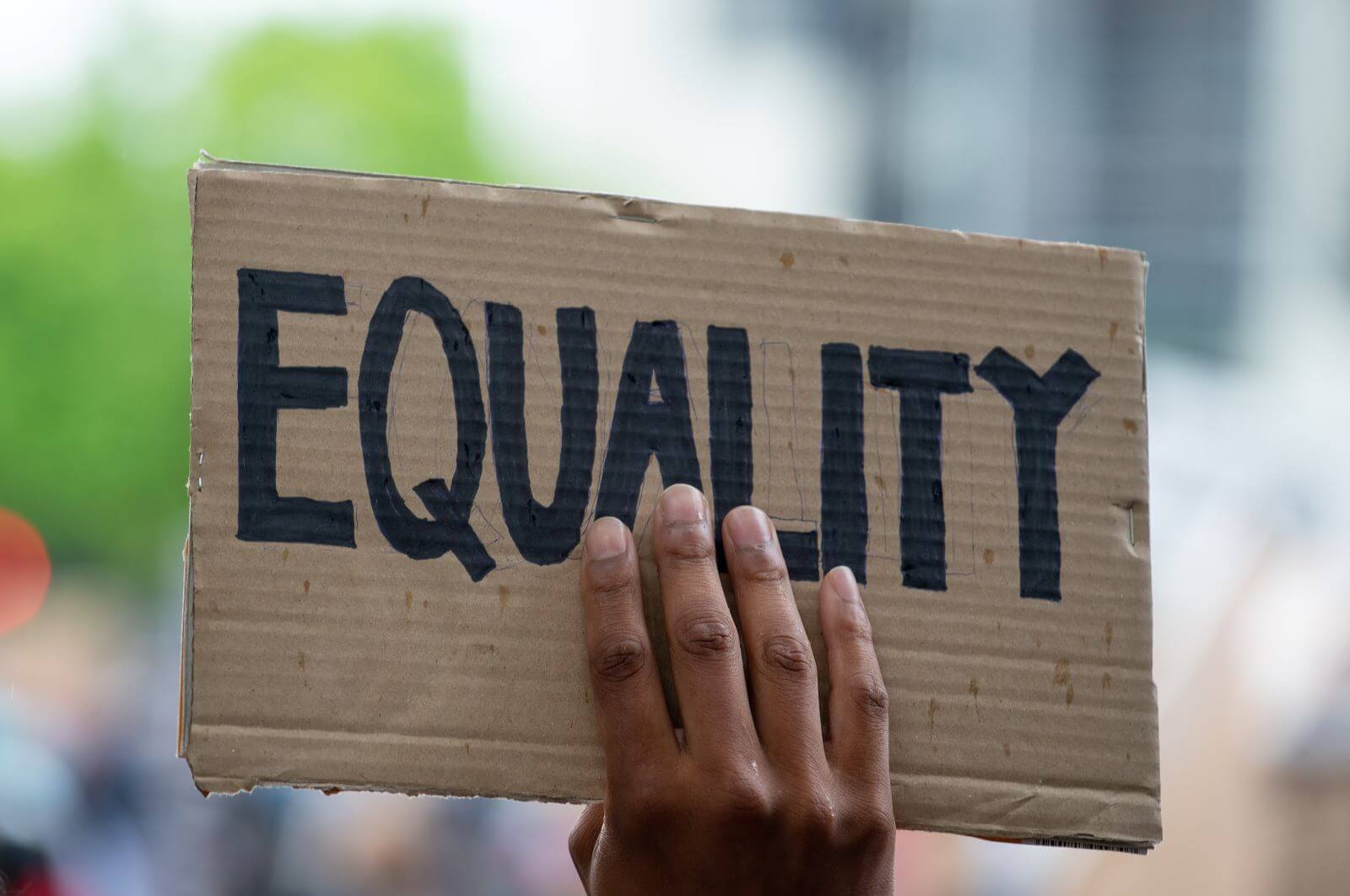
Akua Reindorf, a barrister and Equality and Human Rights commissioner stated, “The Act was not perfect, but it’s quite evident that free speech and academic freedom are in peril in universities.”
Conservative Criticism
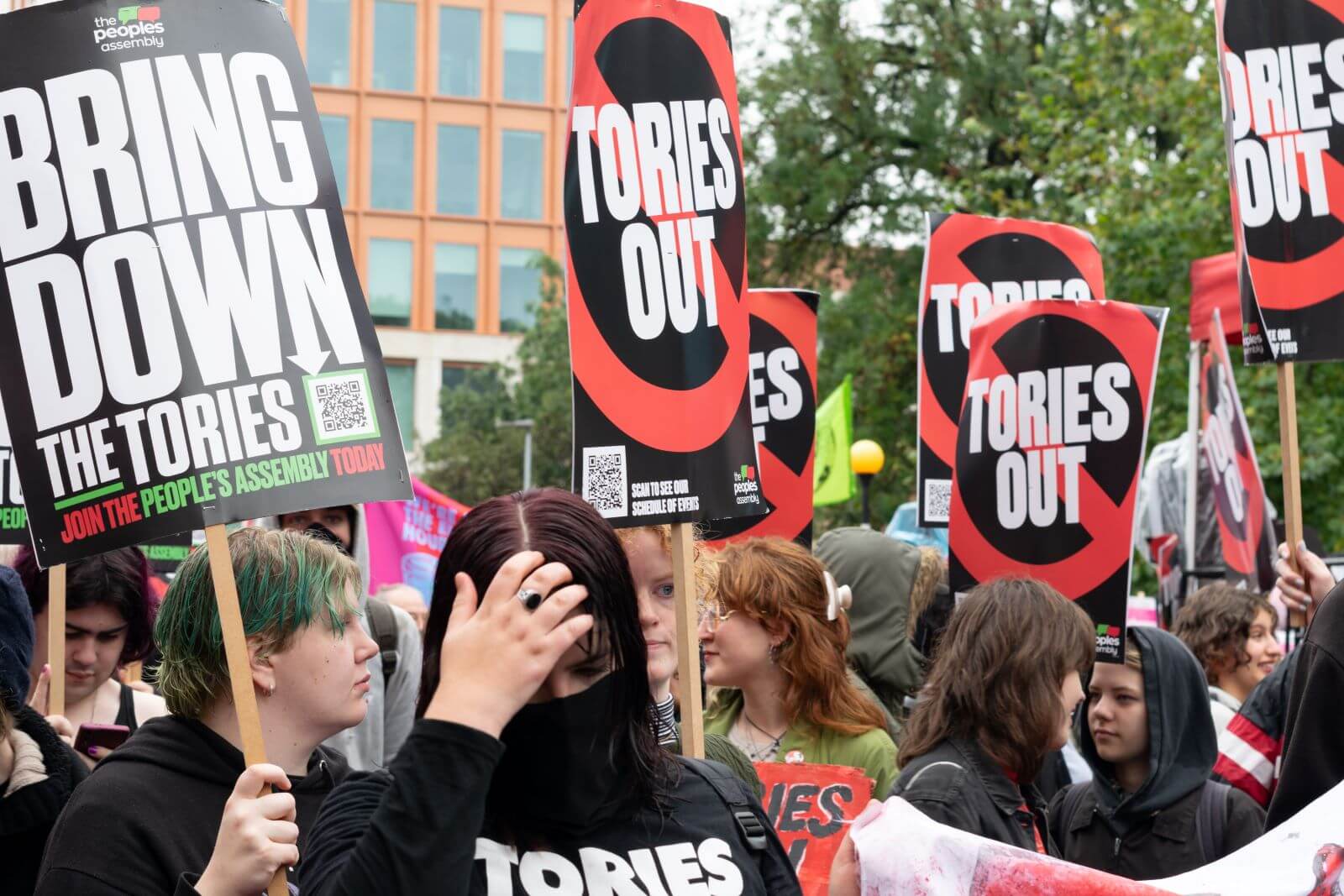
Prominent Conservative leadership contenders, including Tom Tugendhat and James Cleverly, accused the Labour government of undermining free speech protections and yielding to pressure from universities.
Core British Value
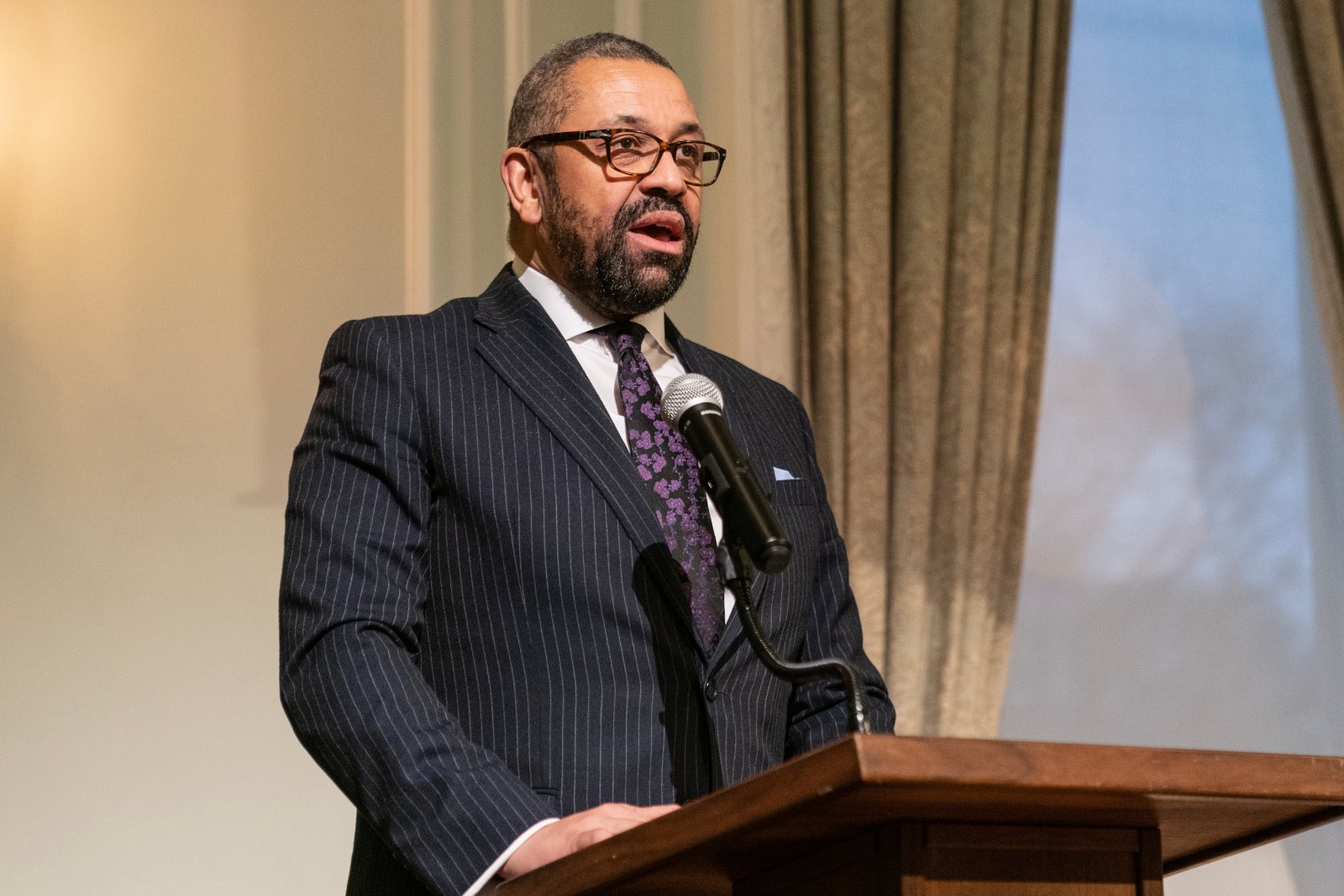
Cleverly stated, “Free speech is a core British value, at the heart of our liberal and democratic society. Education must be free from cancel culture. Our freedoms are under threat under Labour.”
Irony of Restrictions

This is deeply ironic considering that the freedom of speech for protesters, particularly environmental protesters, was severely curtailed under the previous Conservative government, with 5 Just Stop Oil protesters recently receiving the longest-ever prison sentences for peaceful protest, 4 to 5 years, and who were not legally permitted to give reasonable justifications for their actions in court.
Financial Sustainability Focus

The independent review of the OfS, led by Sir David Behan, underscored the regulator’s need to prioritise financial sustainability amid mounting economic challenges universities face. The OfS had warned earlier this year that many universities were at risk of closure, with many relying heavily on international student fees to offset declining domestic revenues.
Costly Legal Actions
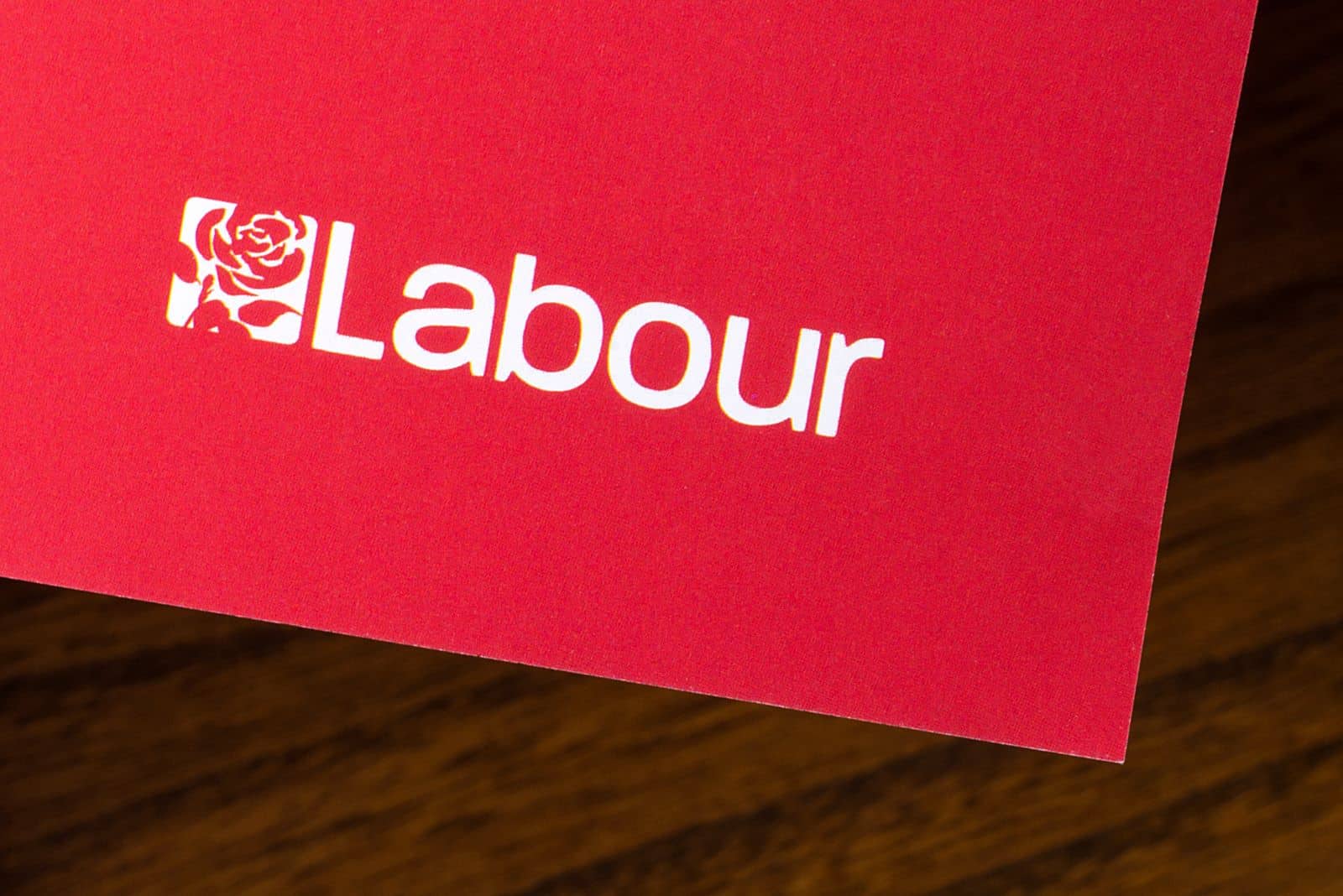
In light of these financial pressures, the government’s decision to pause the Act also considered the potential for costly legal actions against universities. The Labour government expressed concerns that the free speech laws could lead to lawsuits at a time when many institutions are struggling financially.
End of Culture Wars?

With the Higher Education (Freedom of Speech) Act 2023 now halted, many universities and student groups hope this will end the attempt to use universities as a front in the culture wars. However, many conservatives remain concerned that, without legal protection, their increasingly outdated views will find ever fewer places to be voiced.
Future Uncertain

It remains to be seen whether the halting of the Act will have a chilling effect on free speech or, as many believe, if the supposed threats to free speech, which were promoted for nakedly political reasons, will fail to appear.
Featured Image Credit: Shutterstock / 1000 Words.

